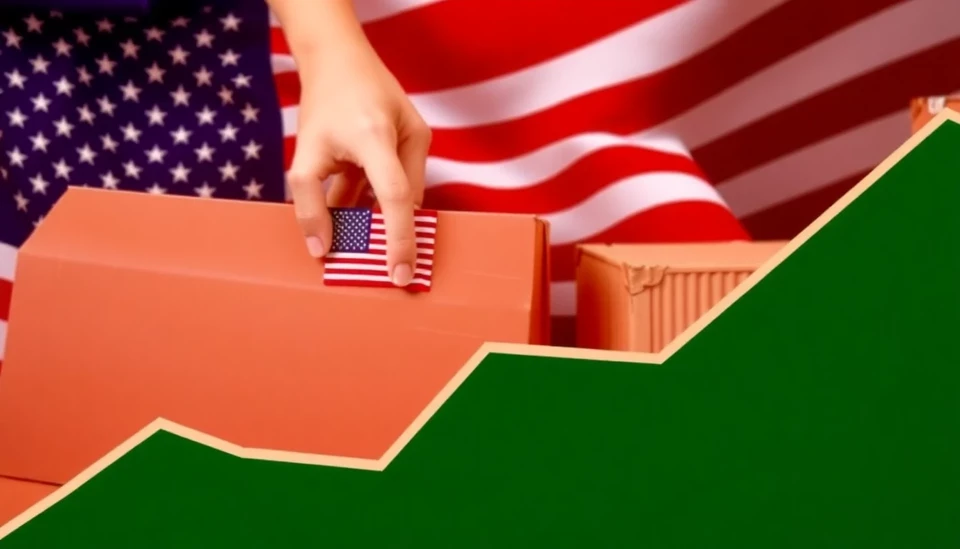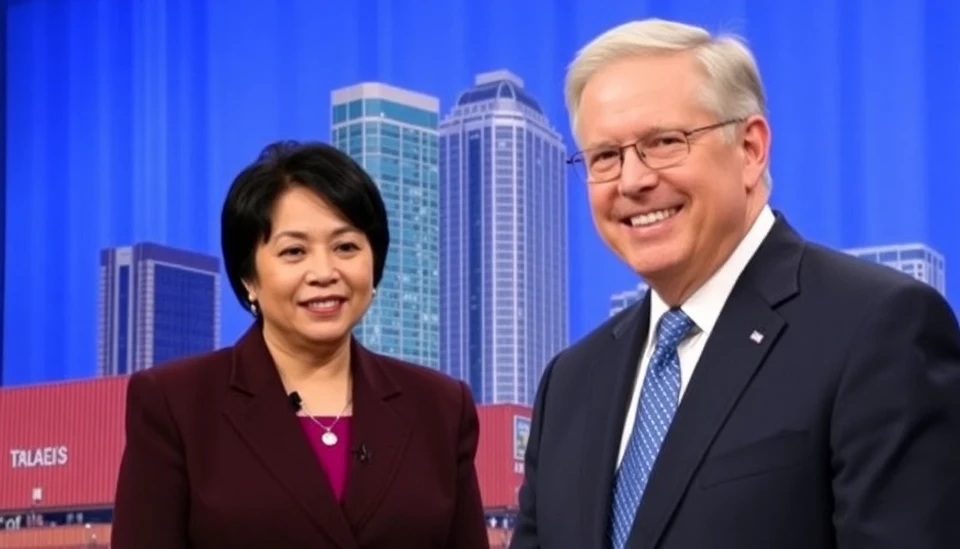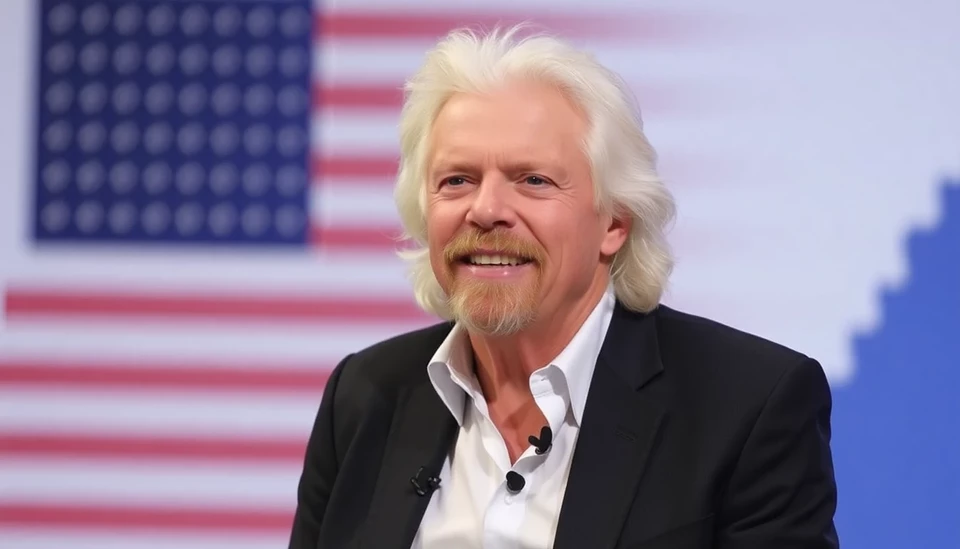
The United States has observed a modest increase in customs duties, as reported in recent data, correlating with an expanding trade deficit. This uptick comes at a time when the American economy grapples with various challenges, including inflationary pressures and geopolitical tensions. The increasing tariff revenues reflect broader trends in international trade dynamics and U.S. trade policy adjustments.
According to the statistics released for the month of March, U.S. customs duties climbed 2% from February, totaling approximately $5.2 billion. Analysts attribute this rise to several factors, including higher imports and the ongoing tariffs imposed on numerous goods from foreign nations. Notably, the rising costs of imports have been influenced by global energy prices, which have also played a significant role in the trade balance.
The growing trade deficit, which reached a staggering $89.2 billion, signals ongoing imbalances in trade relationships. The numbers indicate that while exports have remained relatively stable, imports surged, largely driven by consumer demand. This trend presents a dilemma for policymakers as the trade deficit can exert downward pressure on the nation's currency and stoke inflationary fears among the populace.
Furthermore, the customs duties collected are expected to be a critical point of discussion in upcoming policy reviews. With the current economic landscape, monitoring trade flows and tariff impacts has never been more pivotal. Economists suggest that the increase in customs duties could lead to a significant reconsideration of trade agreements and strategies aimed at enhancing domestic manufacturing capabilities.
Amid these developments, officials highlight the importance of adapting to the evolving global trade environment. They note that maintaining a balance in trade practices and effectively managing duties and tariffs will be vital for sustaining economic stability and growth moving forward. The complex relationship between imports, exports, and consumer behavior remains a focal point as the nation navigates through these uncertain waters.
As the situation for U.S. trade continues to evolve, stakeholders across various sectors are closely monitoring these developments, recognizing that policies enacted today will shape the future economic landscape of the country.
In conclusion, the slight increase in customs duties amidst a swelling trade deficit underscores a critical moment for the U.S. economy as it seeks to establish a more favorable trade environment. Stakeholders are poised to respond with strategic adaptations that align with national interests and global economic realities.
#USTrade #CustomsDuties #TradeDeficit #EconomicTrends #GlobalTrade #Tariffs
Author: Daniel Foster




